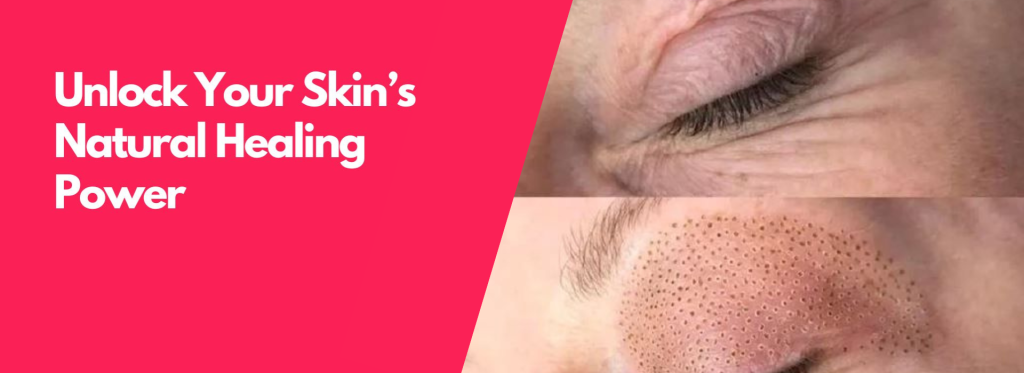
Plasma Treatment
Plasma treatment, also known as Plasma Pen or fibroblast therapy, uses a device that emits a controlled plasma arc to stimulate skin regeneration. This non-invasive procedure targets the deeper layers of the skin, encouraging collagen production and improving overall skin tone and texture.
Benefits of Plasma Treatment
- Skin Tightening: Plasma stimulates collagen production, which firms and lifts the skin, reducing sagging.
- Wrinkle Reduction: Effective in reducing fine lines and wrinkles around the eyes, forehead, and mouth.
- Scar and Stretch Mark Treatment: Helps in the improvement of acne scars, stretch marks, and other skin imperfections.
- Improved Skin Tone and Texture: Enhances the skin’s radiance and smoothness by promoting natural healing and rejuvenation.
- Non-invasive: A non-surgical alternative to facelifts, with minimal downtime and lower risk.
Procedure
- Consultation: A skin consultation is conducted to assess your skin type and determine the right treatment plan.
- Numbing: A topical numbing cream is applied to minimize discomfort during the procedure.
- Plasma Application: The Plasma Pen is used to create tiny plasma arcs on the skin’s surface, which stimulates fibroblast activity.
- Post-Treatment Care: A healing ointment may be applied, and you will be provided with aftercare instructions to ensure optimal healing.
FAQs
Q1: Is Plasma treatment safe?
Yes, when performed by a certified and trained practitioner, Plasma treatment is very safe and effective.
Q2: How many sessions are needed for optimal results?
Typically, 1-2 sessions are sufficient, but some individuals may require follow-up treatments depending on skin conditions.
Q3: What is the downtime after the treatment?
There might be mild redness, swelling, and scabbing for a few days, with the healing process taking about 7-10 days.
Q4: How long do results last?
Results can last anywhere from 1 to 2 years, depending on your skin type and lifestyle.
Q5: Is it suitable for all skin types?
Plasma treatment is effective for most skin types but may not be recommended for very dark skin tones due to the risk of hyperpigmentation.
